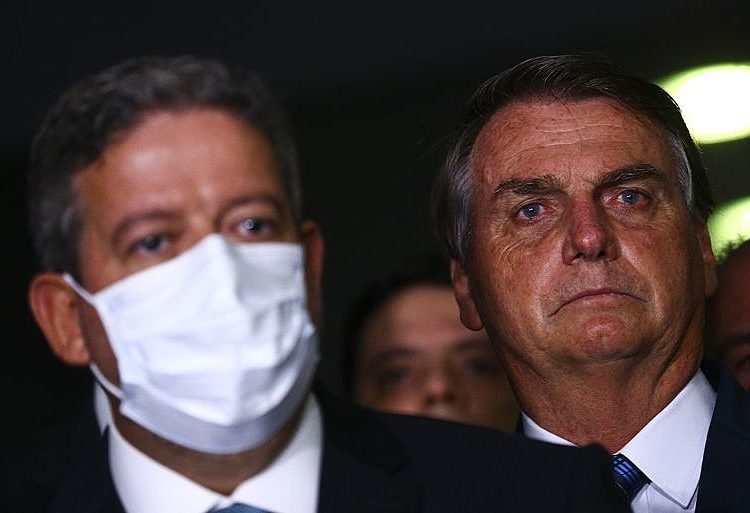The Chamber of Deputies approved this Wednesday (13) the Proposed Amendment to the Constitution (PEC, in Portuguese) 15/2022, the so-called PEC dos Auxílios (Aid Amendment). The text authorizes the government to create and increase social benefits in an election year.
The amendment received favorable votes even from opposition parliamentarians, who were concerned about the effects of the crisis in the country. They, however, tried – without success – to remove from the text the passages that foresee the installation of a "state of emergency".
This state, according to the government, was created by the increase in fuel prices in Brazil and justifies the extra payments from the government months before the election – which is prohibited by law. For opponents of the government of President Jair Bolsonaro (Liberal Party, PL in Portuguese) and jurists consulted by Brasil de Fato, however, the state of exception may open space for other electoral and even authoritarian measures in a year of political turmoil.
:: Saiba como Lira acelerou a tramitação da PEC dos Auxílios ::
"It is possible to expect anything from this government," said Rodrigo Kanayama, a doctor in State Law and professor at the Federal University of Paraná (UFPR). "The government has been making threats and the possibility of a rupture today is real. The state of emergency is a new card on the table. Whether it will be used, I don't know."
The jurist and professor Lênio Streck, a full member of the Brazilian Academy of Constitutional Law (ABDConst), confirmed the risk pointed out by Kanayama. "If someone asked me about risks to democracy two years ago, I would say that they did not exist. Today, after this PEC, nothing would surprise me," he said.
:: Governo libera valor recorde do orçamento secreto enquanto busca votos para PEC dos Auxílios ::
State of exception
Streck explained that the state of emergency created by the PEC is a type of state of exception not provided for in the current Constitution in the country. The constitutional text only provides for a state of defense and a state of siege. It also describes what each of these states foresees and also determines clear criteria for its establishment.
The state of defense, for example, can be decreed by the president after consultation with the Council of the Republic and the National Defense Council. It restricts assembly rights, telephone secrecy and even authorizes the Union to use private goods for the public interest.
Read more: Eleições serão decisivas sobre privatização de estatais
In the case of the state of emergency, as it is an unprecedented legal figure, it is not known exactly what rights it grants to the government and to the president. According to the PEC, today, he authorizes the payment of benefits in an election year. Included in the Constitution, however, there is a chance that it will be invoked to justify other measures.
"The text of the PEC is not at all threatening," explained Kanayama. "But if you include a state of emergency in the Constitution, it is possible that it will be used not only as a pretext to guarantee people's income but also for security. I don't know."
:: Lula critica orçamento secreto, teto de gastos e PEC ::
Is this amendment unconstitutional?
Streck stated that a PEC, by definition, changes the Constitution. This does not mean, however, that it will always be constitutional.
He recalled that Article 16 of the Constitution provides that the rules of an election can only be changed one year before the vote. The PEC dos Auxílios authorizes extraordinary payments months before the election and, according to Streck, violates this article. In theory, therefore, it could be considered unconstitutional if challenged in court.
:: De olho em eleição, Bolsonaro copia ações de Lula ::
Streck also stressed that the right to vote and individual guarantees are guaranteed in the Constitution's stony clauses, which cannot be changed. Therefore, it would be illegal to use the PEC to violate these rights.
Kanayama also believes that this PEC is legally contestable. He stressed, however, that at this moment it plays a strategic role for the government, authorizing with articles in the most important law in the country the payments that Bolsonaro wants to make.
"The PEC is a shortcut that the government created to avoid having to change other laws and resolve the issue", he explained. "It's easier to fight in Congress on one front. But it seems completely inappropriate to me."




